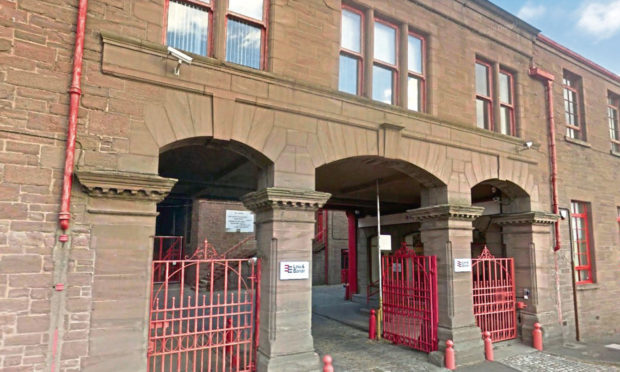Technical textiles group Low & Bonar is exploring options to raise new funds to tackle its multi-million debt burden.
Shares in the group – which was founded as a jute merchanting business in Dundee more than a century ago and which still has a carpet backing operation in the city at Caldrum Works – took a double digit plunge in early trading as the company issued an update on the group’s financial and trading position for the year to November 30.
The company – which will publish its full results for the year on January 30 – said “tough” conditions within its principal operating markets had remained “largely unchanged” in the final quarter of the year.
It is now expecting to report underlying profits before tax and amortisation of around £17 million for the full year period.
The figure compares to an underlying pre-tax profit of £30.7m in 2017, when the group reported a statutory pre-tax loss after costs of £19.7m.
In its trading update, Low & Bonar said it was seeing the benefit of “self-help initiatives” but raw material costs continued to present a “significant headwind” to the business.
It said it had maintained a successful focus on working capital in the period, with year end net debt at £129 million, and had made progress on improving its operations and strengthening its differentiated market positions.
The firm said it continued to actively explore the sale of its civil engineering business and the board continued to review the group’s capital structure and was “exploring options to reduce net debt, including a potential equity issue.”
Low & Bonar said it still expected to pay a final dividend for the year, although it will be at a reduced level from the period.
“In 2019 there will be further initiatives to improve customer focus, to optimise manufacturing performance and to manage raw material cost volatility,” the group told investors.
“The board believes that the group is establishing a firmer operational footing from which to pursue its medium-term objectives.
“The board believes that to support its long-term objectives, a stronger balance sheet would provide greater flexibility to invest, where necessary, in its operational and commercial strategic initiatives.
“As such the board is reviewing the group’s capital structure and considering options to reduce the level of net debt, including a potential equity issue.”
